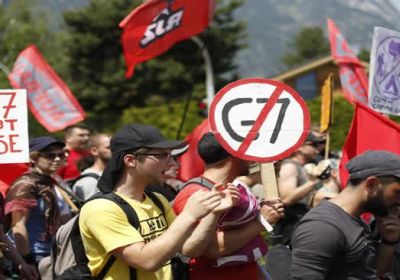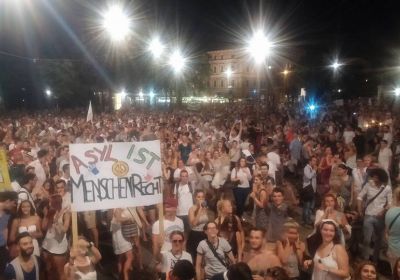
In less than a fortnight a series of tragedies took place on the borders of Europe, spurring a continent-wide debate over refugee policy.

In less than a fortnight a series of tragedies took place on the borders of Europe, spurring a continent-wide debate over refugee policy.

“Are we animals? Why? Why?” Those were the words of one Syrian refugee to BBC's Channel 4 recently after Macedonian police attacked desperate families seeking entry into the country along the border with Greece.
 Marines join protesting German workers in Berlin during the November 1918 revolution.
The German Left & the Weimar Republic
By Ben Fowkes
Haymarket Books, 2015
399 pages, US$28.
Socialist historian Ben Fowkes has given us a unique and vivid text documentary of the German workers’ movement during the tumultuous years of its greatest influence — from November 1918 to its defeat by Nazism 15 years later.
Marines join protesting German workers in Berlin during the November 1918 revolution.
The German Left & the Weimar Republic
By Ben Fowkes
Haymarket Books, 2015
399 pages, US$28.
Socialist historian Ben Fowkes has given us a unique and vivid text documentary of the German workers’ movement during the tumultuous years of its greatest influence — from November 1918 to its defeat by Nazism 15 years later.
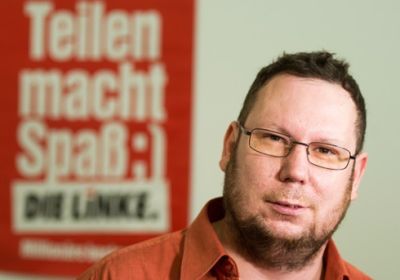
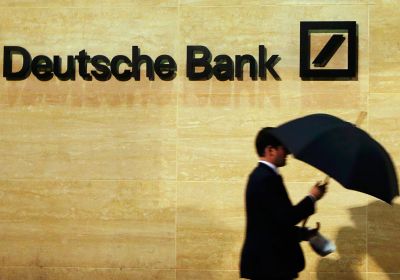


Protests took place in 14 cities in Germany on July 16 against the German government’s aggressive treatment of the Greek crisis and in solidarity with their European Mediterranean neighbours.
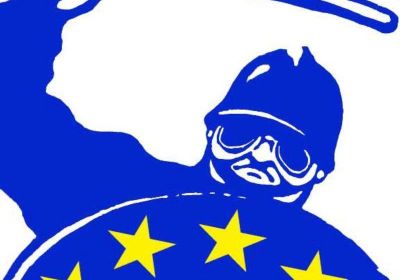
Europe, as we know it, may well be over. The promise of a peaceful integration of equals with a capitalist framework lies tattered on the floor of a negotiation room in Brussels.


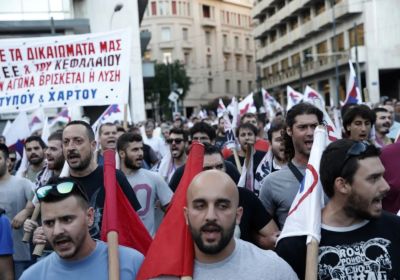
In the early hours of July 16, Greek parliament voted to accept the punitive July 12 funding deal put forward by eurozone lenders.
